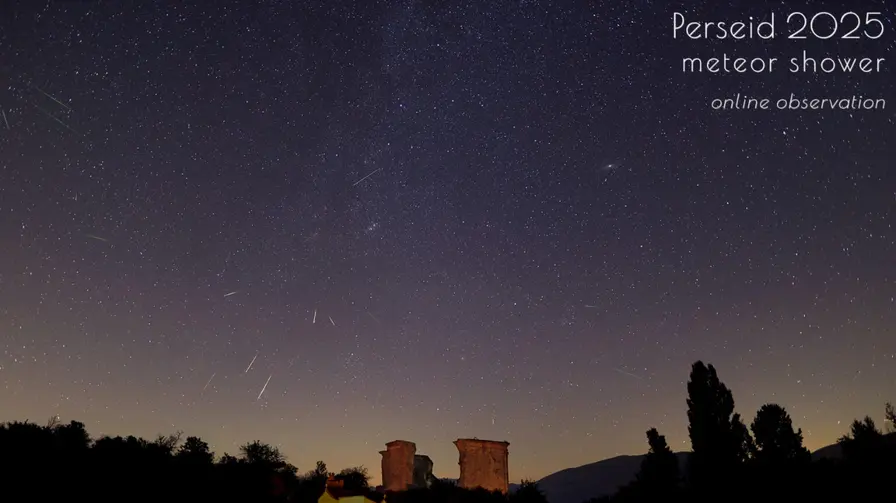T4K3.news
Space events light Miami Valley sky
Perseid meteor shower peaks tonight in the Miami Valley with up to 100 meteors per hour; Jupiter and Venus align early Tuesday; a grand planetary alignment runs through August before sunrise.
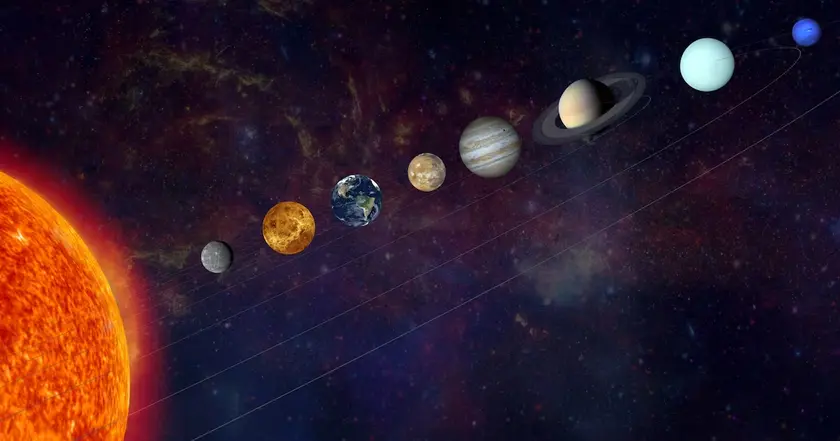
A weekend of celestial sights invites observers to look skyward in the Miami Valley
Perseid meteor shower and planet alignments visible from Miami Valley
MIAMI VALLEY residents can catch several celestial events from tonight through the end of August. The Perseid meteor shower peaks tonight and again tomorrow, with up to 100 meteors per hour in the predawn hours when skies are darkest. The bright waning gibbous moon may wash out fainter meteors, so observers should focus on brighter trails and seek locations with minimal light pollution. For best results, plan to start observing after 10 pm in a dark area away from city lights.
Early on Tuesday morning, a Jupiter and Venus conjunction will place the two planets within a degree of each other, visible with a backyard telescope. From now through August 31, a Grand Planetary Alignment will bring Mercury, Jupiter, Venus, Uranus, Neptune, and Saturn into view across the eastern horizon before sunrise. A dark sky site and a clear horizon will help you see the lineup before dawn, weather permitting.
Key Takeaways
"The night sky becomes a calendar this month"
editorial note on public viewing
"Look up and see a rare lineup of planets before sunrise"
practical viewing tip
"A night under dark skies turns science into a shared moment"
emotional reflection
These sky events arrive at a moment when many people may overlook space as part of daily life. They offer an easy entry for families and students to engage with science without a ticket. The forecast of clouds and a bright moon shows astronomy is a practice of patience as much as observation. If communities use this moment to host simple star parties, the public gains a practical window into how the universe works.
When skies clear, local clubs could host small gatherings that turn stargazing into a shared activity. The risk remains that weather could dampen plans, but the core message endures: the cosmos is accessible to anyone who looks up and asks questions. The broader implication is a reminder that science lives in everyday places, not only in labs and headlines.
Highlights
- Look up the sky is a calendar this month
- The dawn will host a rare lineup of planets for curious eyes
- A night under dark skies turns science into a shared moment
- The cosmos belongs to everyone who looks up
Look up and let the sky guide a simple moment of curiosity.
Enjoyed this? Let your friends know!
Related News
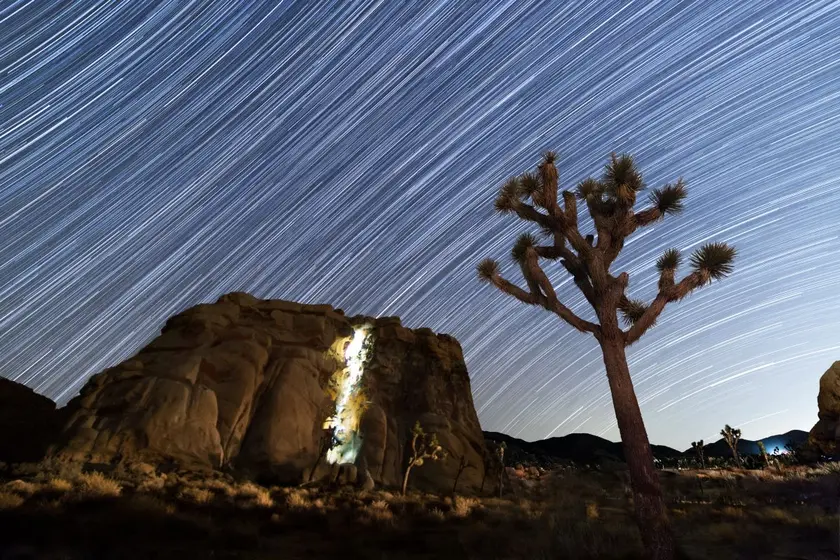
Perseid Meteor Shower Peaks This August
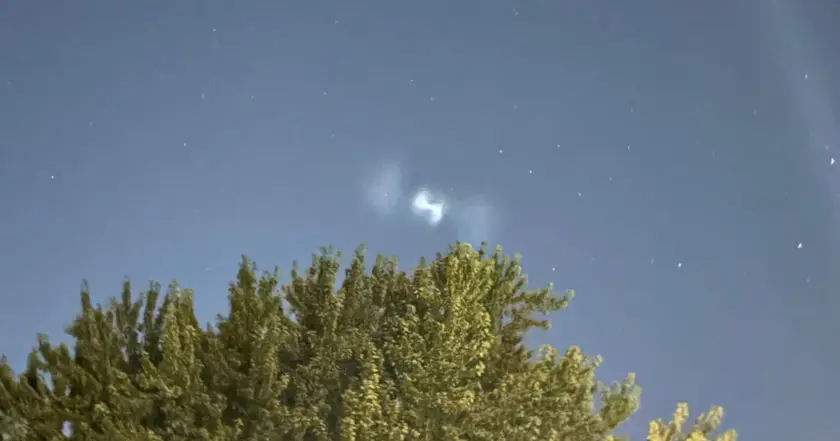
Ariane 6 rocket explains Woodbury sky light
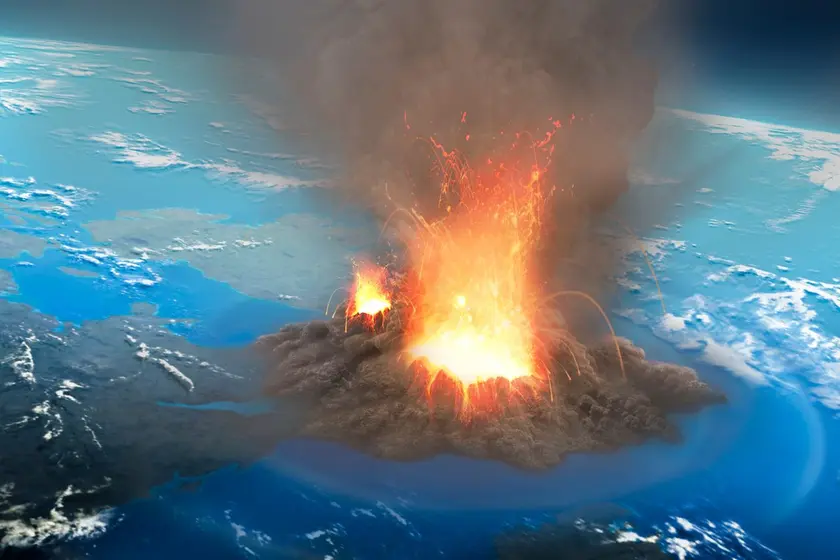
New findings reveal risks of Yellowstone supervolcano eruption
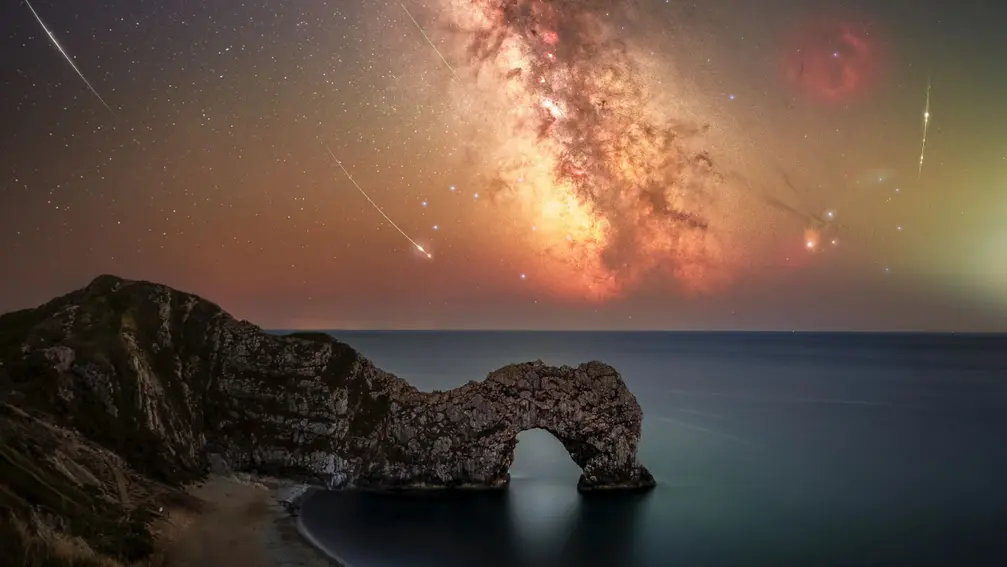
Perseid meteor shower shines through bright moon
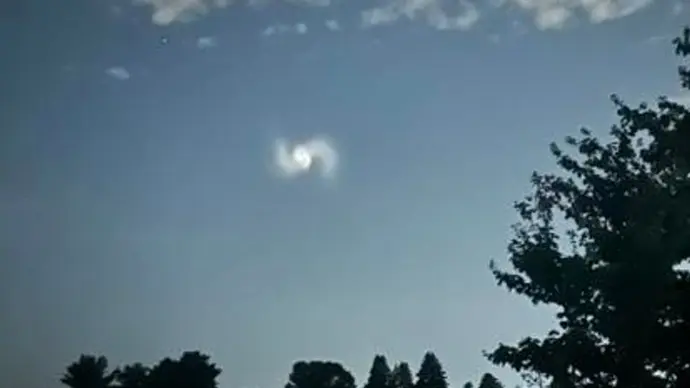
Vulcan rocket lights up PA sky
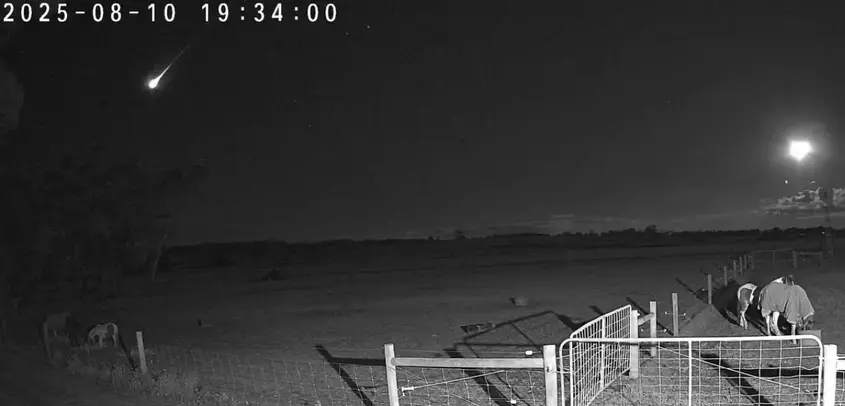
Meteor lights up Australian night
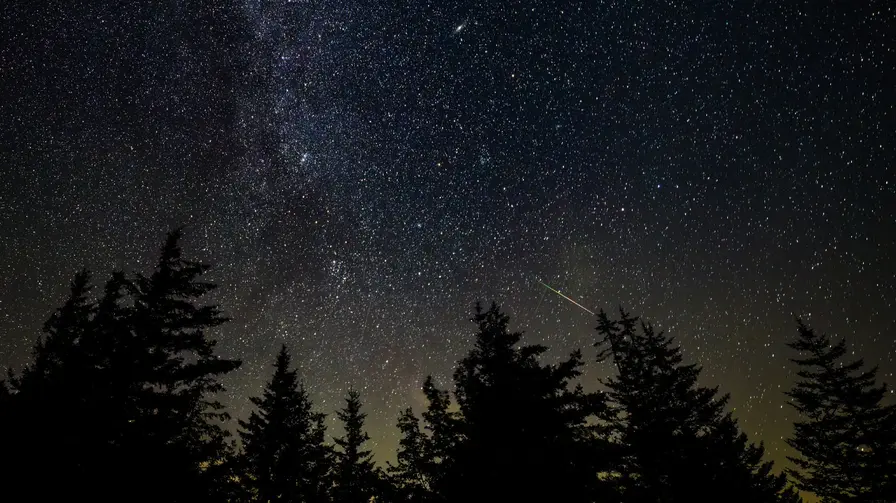
Skywatchers enjoy spectacular meteor display in West Virginia
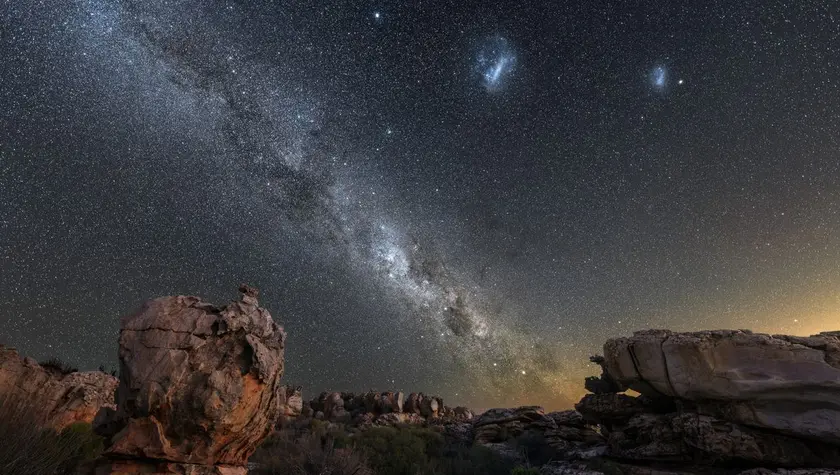
Astronomers reveal how far you can see with the naked eye
